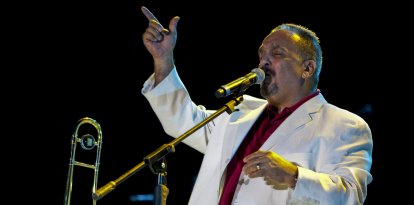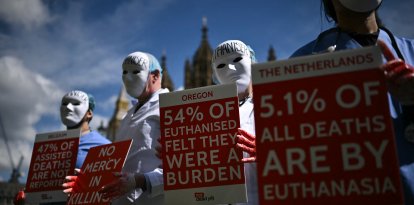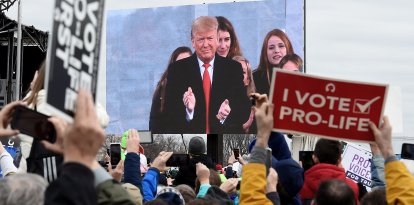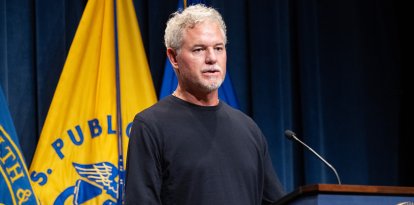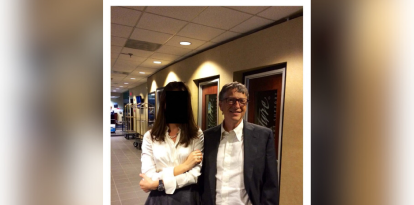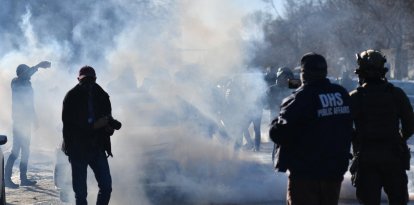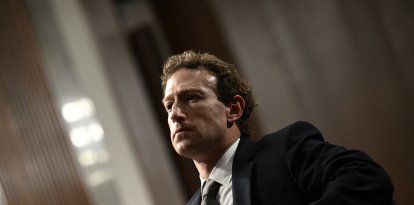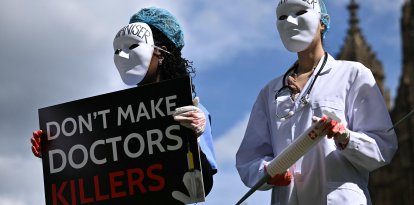ANALYSIS.
Cleaning up Vatican finances: Leo XIV‘s less spiritual challenge
Prevost will have to face a significant deficit in the Vatican accounts, as well as the precarious situation of the pension fund, while income from the dioceses and donations from the faithful are falling amid the lack of transparency that Francis began to fight against.
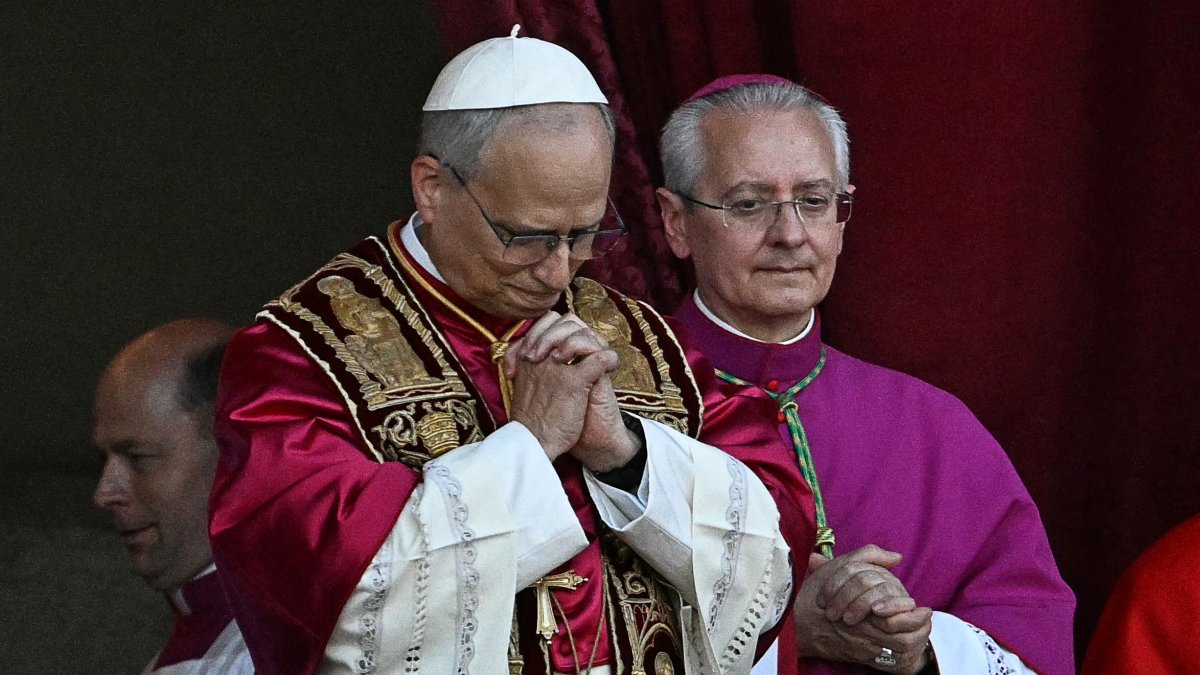
Leo XIV, in his first appearance after his election.
Leo XIV faces an incredible set of challenges as head of the Catholic Church. On his shoulders falls the task of setting the course of the faithful either in pursuit of Francis’ reforms on many of the social and doctrinal issues or toward more conservative positions. But no less heavy is the burden of healing the Vatican’s finances, a task his two predecessors began without succeeding.
The state of the Vatican's economy is complex and worrisome. The Catholic Church's wealth is measured in works of art and patrimony, but the tiny state has a worrying liquidity deficit. Despite the billions in wonders it holds, the church's accounts put a value of just over $1 on works of art of astronomical appraisals.
This is a sign that material wealth is not the main thing for this institution. Despite the minimalist valuation, the Vatican is forced to spend significant amounts on the conservation and insurance of this heritage, which it does not intend to part with as a source of income.
Dioceses and donations: The main sources of income
Income comes mainly from the financial collaboration of dioceses around the world, especially those in the United States, the richest, and from donations from the faithful, especially through the St. Peter’s Obelisk, tourism and entrance fees to Vatican museums.
In addition, it receives income from the real estate management of the Catholic Church. It has properties in Great Britain, France and Switzerland, in addition to Italy, the main investing country, especially Rome, with 92% of the real estate units, ranging from buildings to offices, stores and restaurants, and an investment portfolio of some $1.9 billion.
Francis himself, little suspected of being an advocate of luxury, justified the necessity of investing the money so that at least it would not lose value even if there was little to gain from it.
Drop in donations and collaboration from the dioceses
With the fall in donations, and with the contribution of U.S. dioceses weakening as a result of the millions it has had to pay out because of child abuse cases, the situation has become even more pressing for the head of the Catholic Church.
Benedict XVI created a unit to monitor money laundering and asked Moneyval, the European Union's financial crime watchdog, to monitor the accounts. Among the new measures, the Vatican Bank began publishing annual reports. However, Moneyval noted in 2012 that the Catholic Church's accounts failed at least half of the financial standards, especially regarding money laundering and the prevention of terrorist financing.
Francis took the chair of St. Peter's shortly after the Bank of Italy blocked all electronic payments in Vatican City, in view of the fact that financial transparency was not breaking through. The measure meant that tourists in the tiny state could not withdraw cash from ATMs or pay by card.
Francis' unfinished reforms
The Argentine pope took important steps to at least reduce expenses. Thus, he reduced the salary of the cardinals up to three times. In 2023, moreover, he announced that the Vatican would stop providing low-cost housing for its top officials. Following the last balance sheet of the finances, that same year, which showed a deficit of more than $92 million, and which in 2024 would be around $77.8 million, Francis demanded a rigorous timetable to "reach zero deficit."
Another major problem is the Vatican pension system, which forced Francis to issue a letter warning of "a serious prospective imbalance" and announcing the need to make "difficult decisions." However, he died before he could specify what he was referring to or implement new measures. These decisions are now in the hands of Leo XIV.
Opacity and lack of preparation
The main difficulty that Robert Prevost will face will be the opacity and lack of preparation of those responsible for the accounts of the dicasteries. When the Vatican, under Francis, hired Libero Milone, a former Deloitte executive as internal auditor, he described situations like a nun keeping the accounts of one of the “ministries” of the Catholic Church with pencil and on paper.
His work ended in the worst possible way. In 2017 he reported that his computer had been broken into and was accused by Cardinal Becciu of "spying on the pope," for which he was fired. In several interviews, Milone has warned that if necessary reforms and transparency are not taken seriously, the Vatican will be thrown into a crisis of gigantic proportions.













